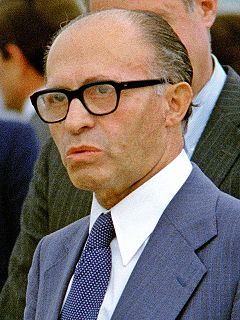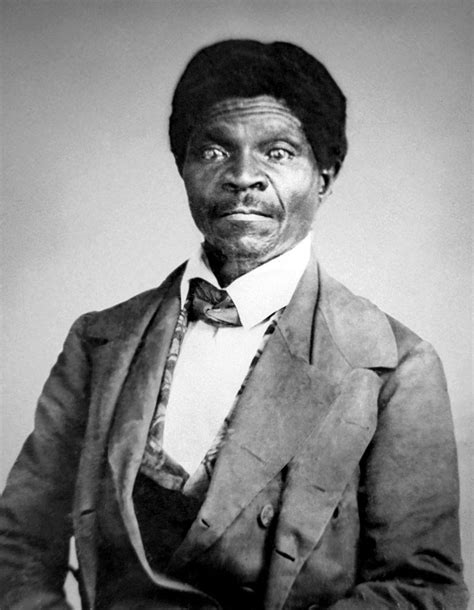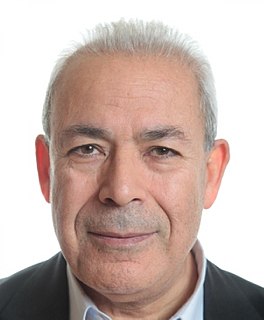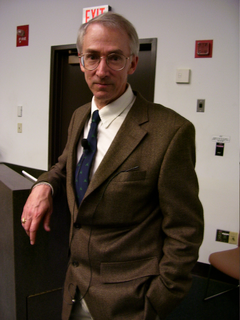A Quote by Menachem Begin
Lebanon, of course, is a country with great problems. Traditionally, they have religious-national groups or ethnic-national groups. They have the Druses. Even the two Moslem sects, the Sunnis and the Shiites, are apart. Then they have the armed groups. Everybody's got a private army.
Related Quotes
It is intended to signify a coordinated plan of different actions aiming at the destruction of essential foundations of the life of national groups, with the aim of annihilating the groups themselves. The objectives of such a plan would be the disintegration of the political and social institutions, of culture, language, national feelings, religion, and the economic existence of national groups, and the destruction of the personal security, liberty, health, dignity, and even the lives of the individuals belonging to such groups.
If you look back at history or you look at any place in the world where religious groups or ethnic groups or racial groups or political groups are killing each other, or families have been feuding for years and years, you can see - because you're not particularly invested in that particular argument - that there will never be peace until somebody softens what is rigid in their heart.
Let us be clear: there are no Salafist armed groups in Syria. Those carrying arms are mostly members of the dissident army. The armed groups are defected soldiers. But they are not all organized. After they defect, they often disappear into different neighborhoods as they struggle for their safety. They need salaries, they need guarantees for protection, they need livelihoods. That is the way everyone will be brought together.
Governments do not necessarily act in the national interest, especially when making detailed microeconomic interventions. Instead, they are influenced by interest group pressures. The kinds of interventions that new trade theory suggests can raise national income will typically raise the welfare of small, fortunate groups by large amounts, while imposing costs on larger, more diffuse groups.


































